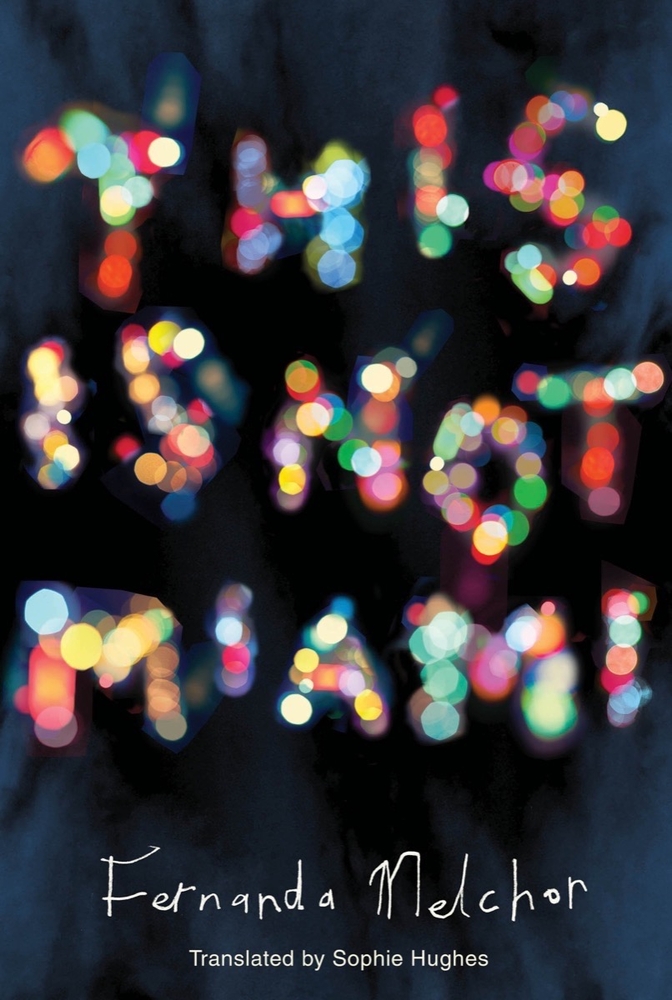By SOFI STAMBO
Excerpted from A Bunch of Savages, a finalist for the Restless Books Prize for New Immigrant Writing 2024.
Baba Borka
I absolutely have to go to Coney Island every weekend. People think that’s strange. Luckily, lately I don’t care if people love me, like I did before. I used to suffer and blush and stay home and cry. Not anymore—I grew up and out of this. One day I woke up and realized that it doesn’t matter if I am well-liked or not. What matters is to get up at six, go to work, calculate for fifty hours, get yelled at, watch people get bullied, stay calm, and not kill anyone.
I can definitely do this, but with huge quantities of Coney Island.
I need to step into this postcard image of sea, sand, salt, and seagulls. This is my comfort zone. I don’t need anything else. Unless we are going for perfect, then maybe a peeled peach, and my grandmother to peel it.
Summer always starts with her glittering, gold-toothed smile. In the morning, the night train from the capital arrives at the old station in Varna. My small grandmother and huge grandfather are running toward us, they always ran, with bouquets for my mother, my sister, and me. These dahlias have been planted, watered, and weeded months ago for us. They’d been cut an hour before. The seagulls scream, it smells like sea, the station shines wet from the fog and bright from the sun and the smiles of my people.











